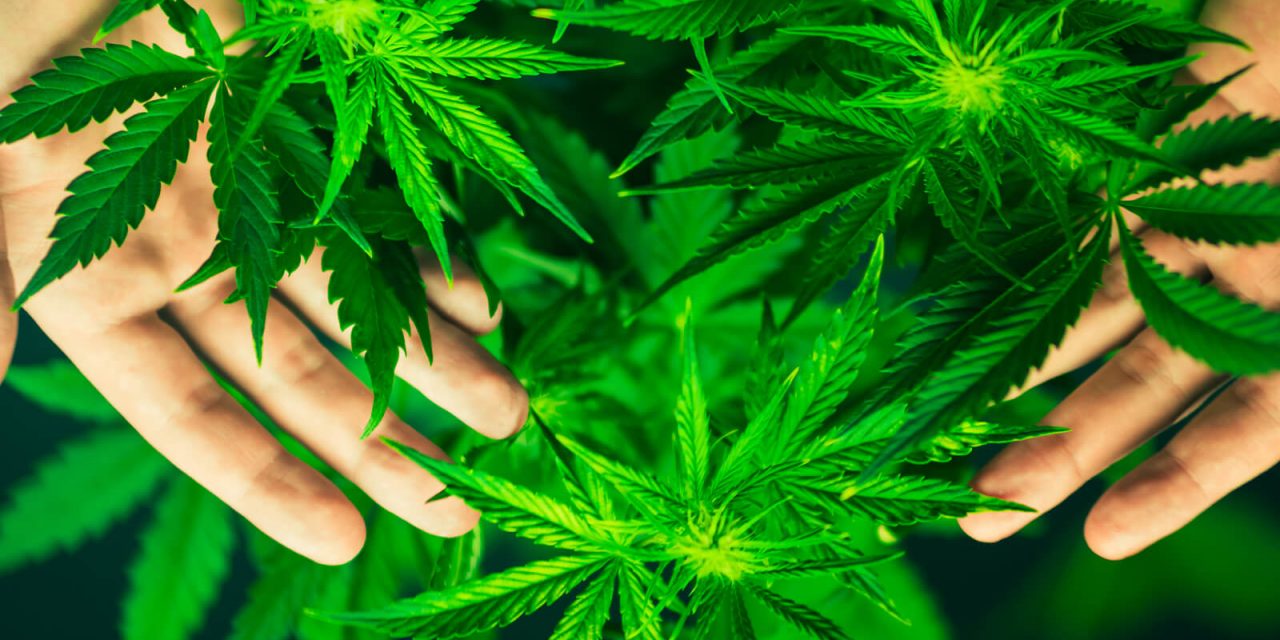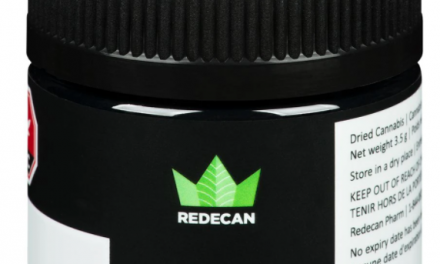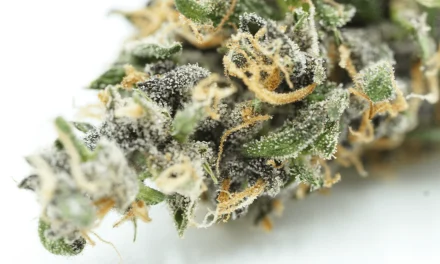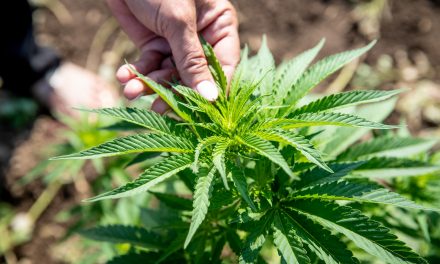By Justin Allec
When it comes to cannabis, I’m usually a pretty positive advocate. I’ve done a lot of reading, I know why and when I use it, so overall I feel comfortable with my consumption. That said, I’m not about to get evangelical about cannabis. It’s not for everyone, and that’s fine. However, even people who enjoy cannabis can experience some negative effects. In some cases, these can be easily tolerated, a mild price to pay for indulging. At the other end of the spectrum, though, there are serious concerns, so it’s worth understanding the downside of our physiological responses to cannabis to be better informed consumers.
Bloodshot eyes are a dead giveaway that you’ve been using cannabis, but this reaction isn’t tied to the act of smoking. Cannabis—particularly strains with high THC levels—prompt an increase in heart rate and blood pressure because the plant’s cannabinoids interact with our own endocannabinoid system. After about 10 minutes the pressure decreases, which leads to dilated blood vessels and capillaries and an increase in blood flow throughout the body, as well as a reduction in intraocular pressure. Typically, red eyes will go away in a few hours, but they can also be treated with eye drops if they persist or your eyes feel dry.
A harder reaction to explain is “the munchies.” Obviously, your brain functions change after consuming cannabis, but we’re still learning how and why. One recent study out of Yale University looking at the brain’s neurological pathways shows that cannabis scrambles the neurons associated with feelings of fullness and satiety, in effect doing the reverse of what they’re supposed to by increasing appetite and cravings. Another study from the University of Bordeaux in France examined cannabis’ influence on the brain’s olfactory bulb, and determined that—perhaps obviously—cannabis leads to a more acute sense of smell and taste. It’s probable that the munchies aren’t just caused by one aspect of cannabis, but for many people, they are a problem because they lead to overeating. You have to deal with the munchies through planning. Eating a well-rounded meal ahead of time won’t eliminate them, but keeping yourself distracted or eliminating temptations is good advice.
Finally, we reach the burnout. Burnout is a catchall term for a cannabis hangover, but usually means some degree of physical fatigue, dehydration, decreased mental alertness, and flattened emotions. The severity of the burnout is proportional to the quality and quantity of cannabis you’ve consumed—the higher the THC, the more you’ll feel like staying in bed the next day, and it usually takes up to seven days to fully recover. As cannabis artificially triggers our endocannabinoid system, it depletes the natural reserves and leaves you feeling low. Eventually, if your tolerance and use increases, you’ll begin to rely on cannabis more and more for those good feelings. While there’s little you can do to escape the burnout, it’s significantly worse if you’re under 25, which is why there was such a push from physicians to have the legal age raised. Burnout lasts much longer in youths than in adults because their brains are still developing, and chronic use can lead to depression, anxiety, and in some cases, particularly in males, schizophrenia and psychosis. Overuse, chronic use, and chronic burnout aren’t a joke, and could indicate a pattern of addiction.
While some of the effects, like the munchies, are annoying, they’re also expected and can be dealt with. However, if you find yourself having issues with work, family, or other obligations because of your cannabis use, it’s probably a good time to ask yourself some serious questions and maybe pick up the phone. Cannabis can be part of the good time, but it shouldn’t be all the time.
If you or someone you love is having issues with their cannabis consumption, contact the Thunder Bay District Health Unit’s Injury Prevention & Substance Misuse Program: 625-5900, or toll-free 1-888-294-6630.














